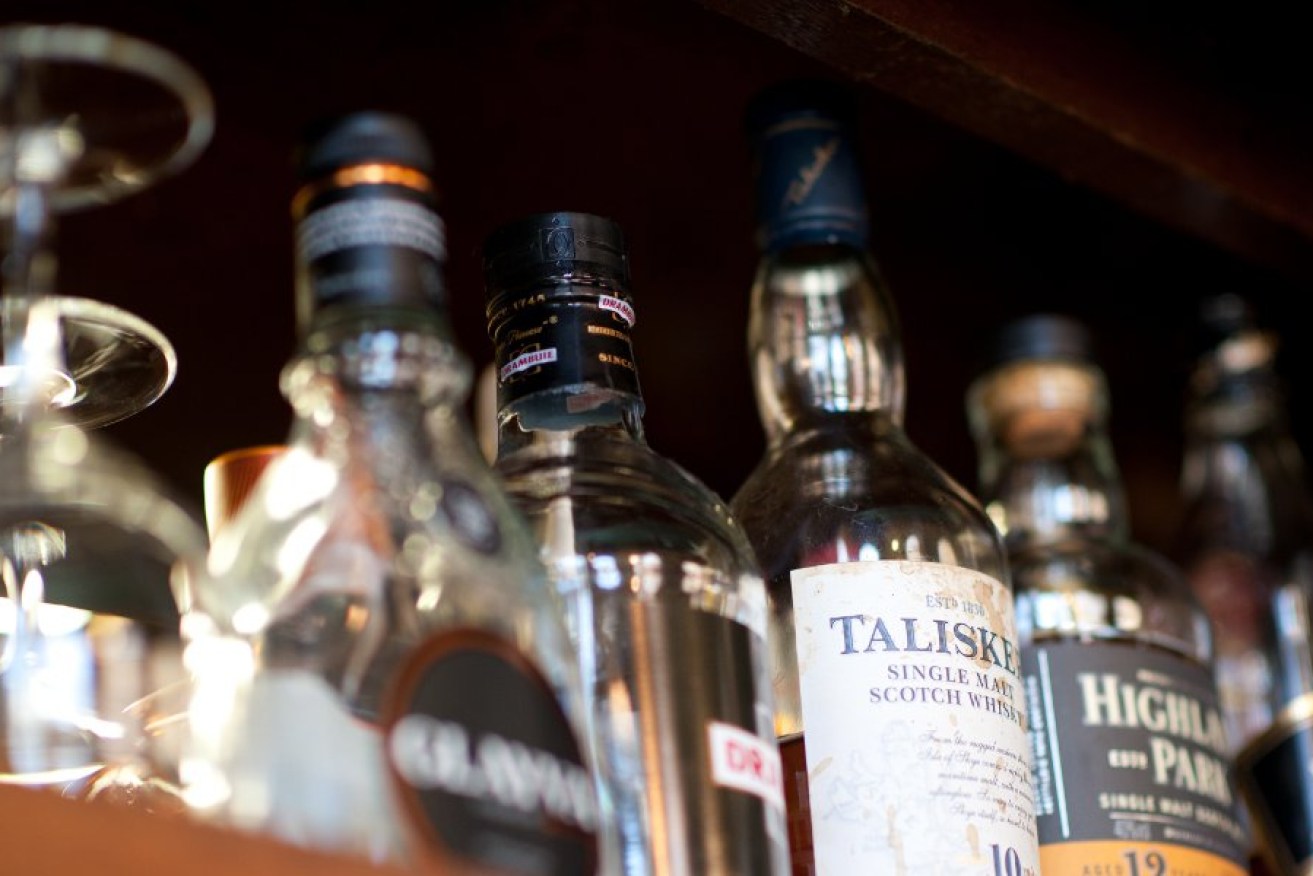A new study finds most glassing incidents happen at home rather than at licenced premises, raising questions about the State Government’s new glassware restrictions.
The study, from researchers at the Queensland University of Technology and published last month in the journal, Emergency Medicine Australasia, found glassing incidents represented a relatively low proportion of all alcohol-related violence.
“A home is the most common location for ‘glassing’ incidents for all age groups (33 per cent) with the exception of 18–24 year-olds who report a higher proportion of ‘glassings’ at licensed premises (33 per cent) than at a private residence (27 per cent),” the study found.
Those aged 12–17 years have a considerably higher proportion of ‘glassings’ (26 per cent) occurring on the street in comparison with other age groups (8–14 per cent).”
The study also found the ratio of extremely severe attacks from glassing – about 3 per cent – was the same as general alcohol-related violence.
The study’s authors say the research suggests removing glass from licenced venues won’t do much to cut down on alcohol-fuelled violence.
“Contrary to public perception generated by media, ‘glassing’ incidents, particularly at licensed venues, constitute a relatively small proportion of all alcohol-related violence.
“The phasing out of all regular glass from high-risk venues will potentially reduce the number of ‘glassing’ incidents in this specific location, but might do little to curb the overall incidence and severity of alcohol-related violence in general.
“[This paper] calls attention to the relatively low prevalence and severity of ‘glassing’ incidents among all alcohol-related assaults,and highlights the public health burden of alcohol related violence in the home.”
Authors for the study looked at emergency room data from across Queensland between 1999 and 2011.
Under a new late night code of conduct which came into force last weekend, late-night traders are required to serve drinks in polycarbonate or tempered glassware – designed to be shatterproof, or to break into small harmless chunks when cracked.
Several limitations in the data are noted by the authors – including that the dataset focuses more on regional than urban hospitals.





